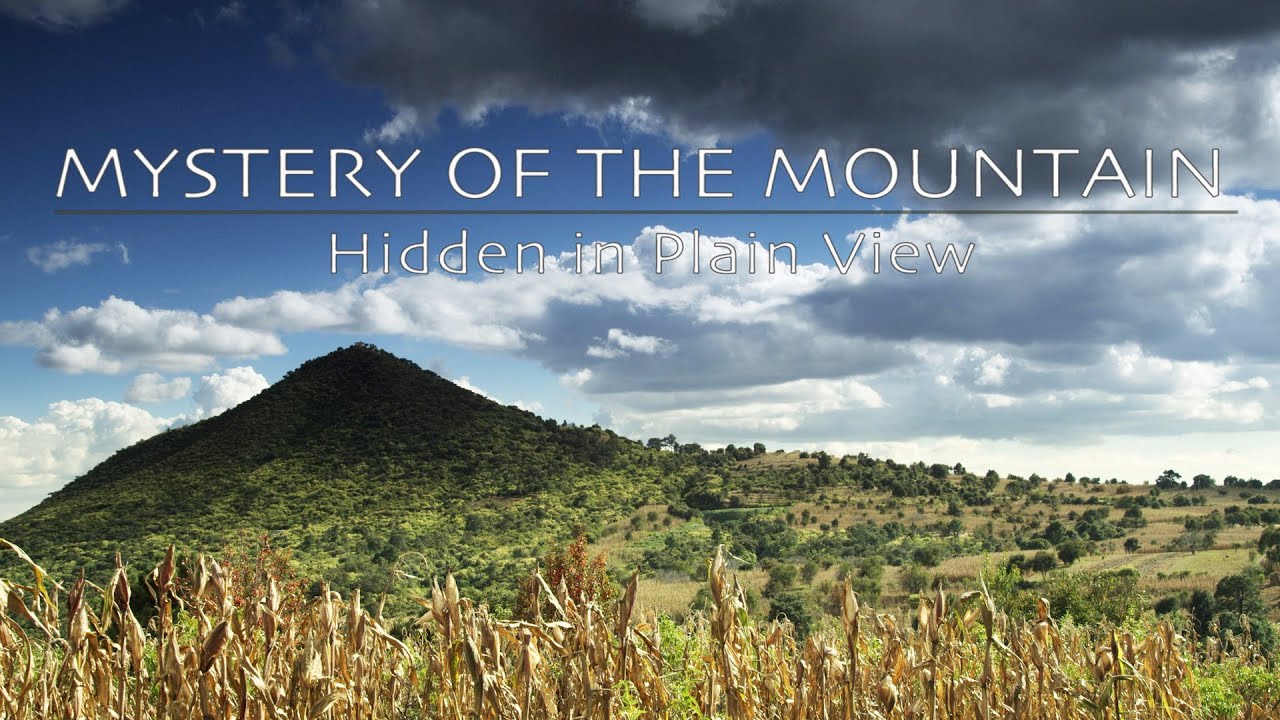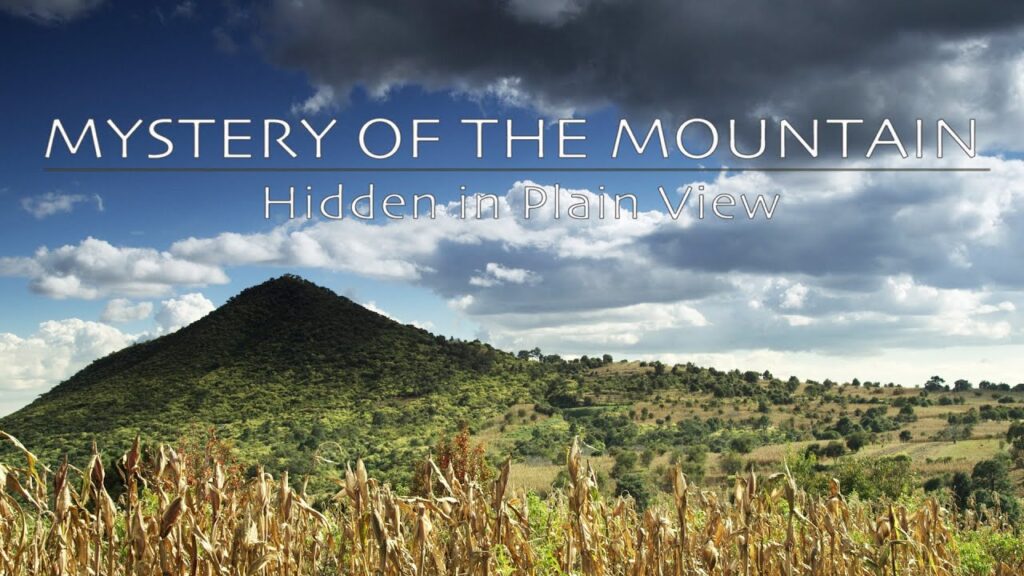Your cart is currently empty!
Explore the Mysteries of the Mountain

What draws you to the mountains? Is it the breathtaking views, the fresh air, or perhaps the sense of adventure that comes with exploring the great outdoors? Regardless of your reasons, mountains are often shrouded in mystery and beauty, captivating those who venture into their realms. Let’s uncover the secrets that lie within these majestic landscapes.

The Allure of Mountains
Mountains have an undeniable charm that beckons people from all walks of life. Their towering heights and rugged terrains evoke feelings of wonder and respect. But what is it that makes mountains so special?
Natural Wonders and Biodiversity
Mountains are home to a plethora of ecosystems. As you ascend, you’ll notice a gradual change in vegetation, climate, and even wildlife. Each elevation offers a unique environment teeming with life.
Table 1: Mountain Ecosystems by Elevation
| Elevation Range (ft) | Ecosystem Type | Example Plants and Animals |
|---|---|---|
| 0 – 2,500 | Lowland Forest | Oak trees, deer, various birds |
| 2,500 – 5,000 | Montane Forest | Spruce trees, black bears, squirrels |
| 5,000 – 8,000 | Subalpine Zone | Alpine shrubs, mountain goats, marmots |
| 8,000 – 14,000 | Alpine Zone | Wildflowers, pikas, high-altitude birds |
| Above 14,000 | Nival Zone | Glaciers, little to no life |
From the lush greenery at lower altitudes to the sparse vegetation at higher elevations, each region is a fascinating study in biodiversity. Have you ever spotted a unique species at a specific height? It’s often surprising what you’ll find!
The Mystical Landscape of Mountains
The landscape of mountains can vary remarkably—some appear rugged and raw, while others may lay quietly veiled under a blanket of snow. Let’s unravel the different terrains you might encounter.
Rock Formations and Geology
Mountains are not just piles of dirt; they are complex structures built over millions of years. The geological forces that have shaped them create stunning rock formations and diverse terrains.
- Folds and Faults: You might notice mountain ranges with distinctive folds, which are the result of tectonic plates colliding. Such formations can lead to impressive peaks and deep valleys.
- Volcanic Mountains: Some mountains are the result of volcanic activity, showcasing spectacular shapes formed by lava flows.
Understanding the geology can enhance your appreciation for these natural wonders. When you hike through a rocky trail, remember that each stone has a story to tell!
Water Sources and Glacier Dynamics
If you find yourself near mountains, the sound of running water often accompanies the landscape. Rivers and lakes fed by melting snow contribute to the area’s rich ecosystem.
- Glaciers: These massive, slow-moving bodies of ice are particularly mesmerizing. They sculpt valleys and contribute to the formation of lakes. The rate at which glaciers advance can tell you a lot about the climate of the region.
As you hike, keep an eye out for glacial features, such as moraines and cirques, that reveal the history of these frozen giants. It’s an incredible blend of beauty and science awaiting your discovery!
The Cultural Significance of Mountains
Mountains are not just natural phenomena; they hold cultural and spiritual significance for many communities around the world. Their towering presence often sparks a sense of reverence and inspiration.
Sacred Sites and Pilgrimages
Many cultures regard certain mountains as sacred. For instance, Mt. Fuji in Japan is a symbol of beauty and spirituality, attracting pilgrims and tourists alike.
- Cultural Practices: Local traditions often include rituals and ceremonies celebrated in honor of the mountains, reinforcing their importance in the local lifestyle.
Understanding these cultural dimensions adds depth to your mountain adventures. It’s enlightening to see how generations have built relationships with these mighty giants.
Folklore and Legends
Legends surrounding mountains have been passed down through the ages, adding a layer of mystery. Consider the captivating tales associated with the mountains in your vicinity.
- Cultural Narratives: These stories often involve gods, heroes, or mythical creatures, and they serve to explain natural phenomena or teach moral lessons.
Next time you’re in a mountain region, take a moment to learn about its folklore. It might just enrich your experience and offer perspectives you hadn’t considered before!
Adventure Awaits: Recreational Opportunities
If you’re an adventure seeker, mountains provide a playground filled with thrilling opportunities. What types of activities can you engage in while reveling in the beauty of mountainous terrains?
Hiking and Trekking
Hiking is perhaps one of the most popular pursuits in mountainous areas. Trails vary from easy walks to challenging hikes, accommodating all levels of fitness and experience.
- Trail Maps: Prior to embarking on your journey, check trail maps. Consider the physical demands, and remember that elevation changes can impact the difficulty of a hike.
Rock Climbing and Mountaineering
For those craving adrenaline, rock climbing and mountaineering are exhilarating options. These activities require skill, equipment, and sometimes expert guidance.
Table 2: Differences Between Rock Climbing and Mountaineering
| Aspect | Rock Climbing | Mountaineering |
|---|---|---|
| Terrain | Steep rocks/cliffs | Varied terrain, often includes ice |
| Skills Required | Technical climbing skills | Navigation, survival, and climbing skills |
| Duration | Generally shorter adventures | Extended trips between days to weeks |
These activities allow you to challenge yourself and reach new heights—both literally and metaphorically. As you stand on a summit, the feeling of accomplishment is unlike any other!
Skiing and Snowboarding
When winter blankets the mountains, skiing and snowboarding take center stage. Many mountain regions transform into winter wonderlands, attracting enthusiasts from around the globe.
- Avalanche Awareness: Understanding avalanche risks is crucial if you venture into backcountry skiing areas. Be sure to equip yourself with safety gear and knowledge.
These thrilling activities provide an opportunity to embrace the elements and connect with nature’s beauty in a unique way. Who doesn’t love speeding down a snowy slope, after all?

Environmental Challenges in Mountain Regions
It’s important to recognize that mountain environments face several challenges that impact both nature and human activities. What are some of the pressing issues you should be aware of?
Climate Change
Mountains are particularly sensitive to climate change, with warmer temperatures leading to rapid glacier melting and altered ecosystems.
- Ecosystem Shifts: As average temperatures rise, species that once thrived in specific elevations may be forced to adapt, migrate, or face extinction.
Taking steps towards sustainability can help preserve these majestic landscapes for future generations.
Tourism Impact
While tourism can boost local economies, it can also have detrimental effects on mountain ecosystems if not managed responsibly.
- Overcrowding and Pollution: Popular trails and areas may suffer from overcrowding, leading to habitat degradation and pollution.
Being a responsible traveler means leaving no trace and taking measures to minimize your impact during visits to these natural treasures.
The Thrill of Wildlife Encounters
When you venture into the mountains, the chance of encountering wildlife adds an extra thrill to your adventure. What can you expect to see, and how should you behave?
Common Mountain Wildlife
Many mountain regions boast diverse wildlife, from mammals to birds and reptiles. Here are a few creatures you might encounter:
- Mammals: Animals like elk, bighorn sheep, mountain lions, and bears are often spotted in mountainous regions.
- Birds: Keep your eyes peeled for the majestic golden eagle or a colorful mountain bluebird.
Remember, respecting wildlife means observing them from a distance. Getting too close can disrupt their natural behaviors and put both yourself and the animals at risk.
Responsible Wildlife Viewing
When engaging in wildlife viewing, consider these tips:
- Stay Back: Maintain a safe distance from animals to avoid startling them.
- Do Not Feed: Feeding wildlife alters their natural behaviors and can lead to dependency on human food sources.
By practicing responsible viewing, you can enjoy delightful encounters while ensuring the protection of these wonderful creatures in their native habitats.

Preparing for Your Mountain Adventure
Before you set off on your mountain journey, adequate preparation is crucial. What steps can you take to ensure a safe and enjoyable experience?
Gear and Equipment
The right gear can make a significant difference in your comfort and safety on the trails. Here’s a basic checklist to consider:
Table 3: Essential Gear for Mountain Adventures
| Gear | Purpose |
|---|---|
| Backpack | To carry essential supplies |
| Navigation Tools | Maps, compass, or GPS device |
| Clothing Layers | Weather-appropriate attire |
| First Aid Kit | For emergencies |
| Food and Water | Staying fueled and hydrated |
Ensure you’re well-equipped, as unexpected circumstances can arise in the mountains.
Physical Preparedness
Being physically prepared is just as essential as having the right gear. Depending on your chosen activity, consider the following:
- Fitness Level: Gradually build your stamina through regular exercises such as hiking, running, or strength training.
- Acclimatization: If traveling to high altitudes, allow your body time to adjust, and stay aware of symptoms of altitude sickness.
Preparing physically equips you with the strength and endurance needed to fully enjoy your mountain adventure.
Conclusion: Embrace the Mountain Mystique
Mountains are not just destinations; they are experiences rich with beauty, adventure, culture, and wisdom. Whether you’re hiking a scenic trail, exploring the unique wildlife, or simply soaking in the views, embracing the mystical essence of the mountains enriches your journey.
In every hike, every encounter, and every moment spent in such awe-inspiring places, you connect more deeply with nature—and with yourself. So, next time you find yourself drawn to the mountains, remember these mysteries waiting to be uncovered. Prepare well, respect the environment, and enjoy the captivating wonders the mountains have to offer!
